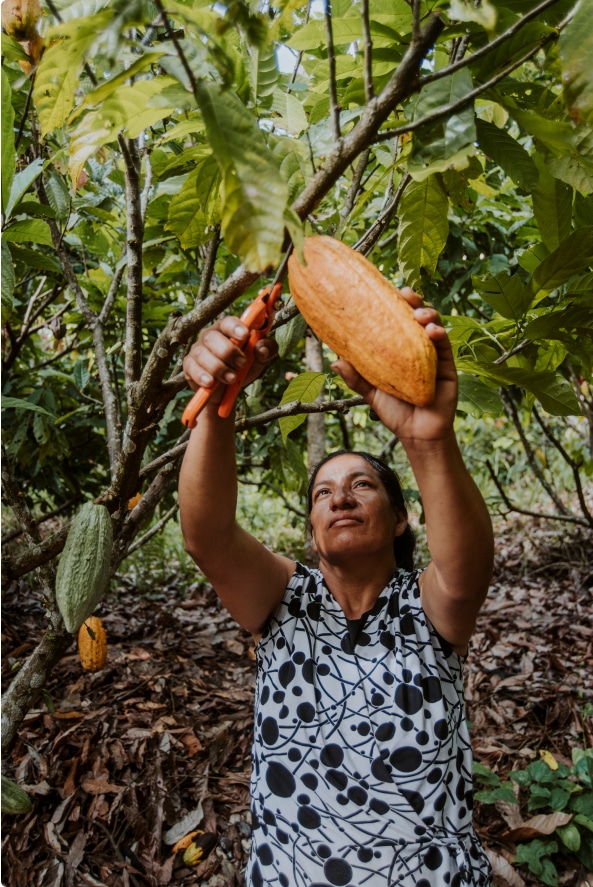
Our pistachios hail from the fertile regions of Spain and the US. Brimming with both nutrients and flavor, these pistachios are a sought-after snack, perfect for retail packaging or as a standout ingredient in snack mixes. We offer a variety of both organic and conventional pistachio options, including raw in-shell, as well as roasted and salted in-shell.
Available in both organic and conventional. Buy your pistachios raw in-shell, roasted, diced, or in powder form.

We offer a diverse range of high-quality agricultural products tailored to meet the evolving needs of their global clientele. With their extensive expertise in the agricultural industry, Rhumveld takes pride in sourcing, trading, and delivering exceptional products.
Rivium 1e straat 111
2909 LE Capelle aan den IJssel
The Netherlands
| Cookie | Duration | Description |
|---|---|---|
| cookielawinfo-checkbox-analytics | 11 months | Deze cookie wordt ingesteld door de GDPR Cookie Consent plugin. De cookie wordt gebruikt om de toestemming van de gebruiker op te slaan voor de cookies in de categorie "Analytics". |
| cookielawinfo-checkbox-functional | 11 months | The cookie is set by GDPR cookie consent to record the user consent for the cookies in the category "Functional". |
| cookielawinfo-checkbox-necessary | 11 months | Deze cookie wordt ingesteld door GDPR Cookie Consent plugin. De cookie wordt gebruikt om de toestemming van de gebruiker op te slaan voor de cookies in de categorie "Noodzakelijk". |
| cookielawinfo-checkbox-others | 11 months | Deze cookie wordt ingesteld door de GDPR Cookie Consent plugin. De cookie wordt gebruikt om de toestemming van de gebruiker op te slaan voor de cookies in de categorie "Overige". |
| cookielawinfo-checkbox-performance | 11 months | De cookie wordt ingesteld door GDPR Cookie Consent plugin om de toestemming van de gebruiker voor de cookies in de categorie "Prestatie-/functionaliteitscookies". |
| viewed_cookie_policy | 11 months | Deze cookie wordt ingesteld door de GDPR Cookie Consent plugin en wordt gebruikt om op te slaan of de gebruiker al dan niet heeft ingestemd met het gebruik van cookies. Er worden geen persoonlijke gegevens in opgeslagen. |